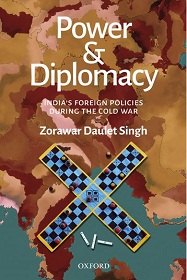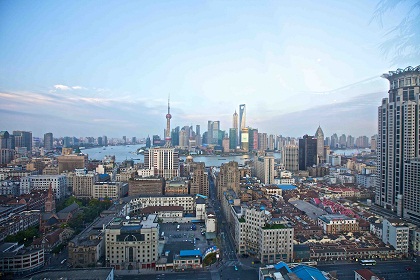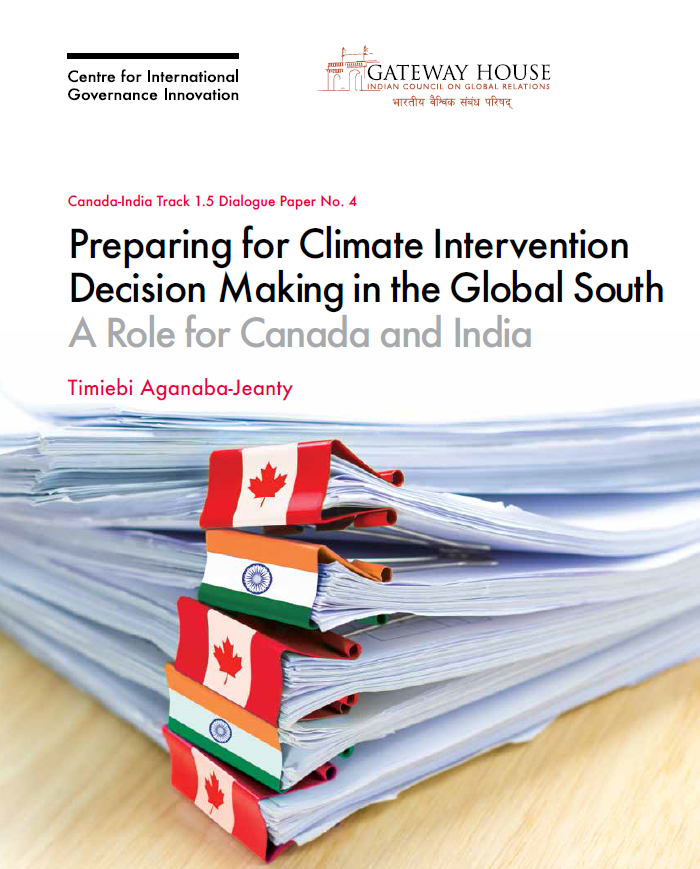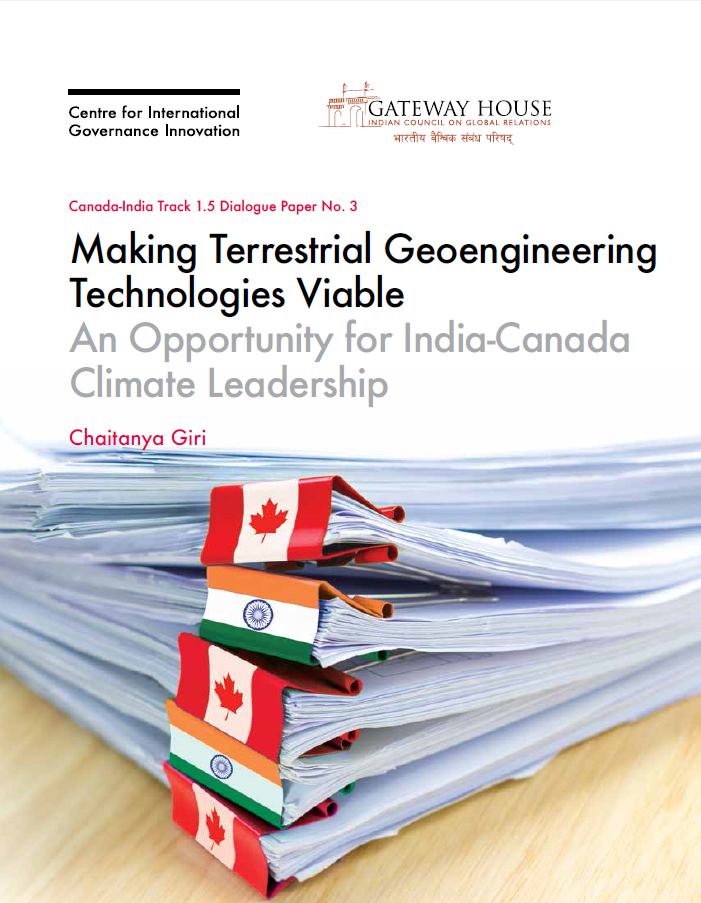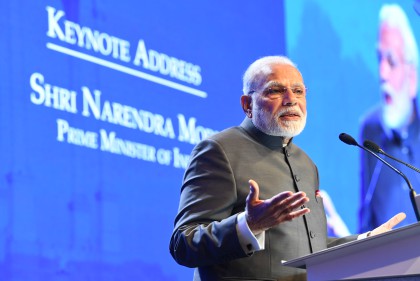Chronicling strikes on digital black markets
Digital black markets or “dark net marketplaces” which facilitate the transaction of contraband and illegal services, pose a silent, relatively unnoticed threat to the economy. Hackers, organised criminal networks and terrorist groups use these sites, their advanced security features enabling anonymity when executing cybercrimes. This infographic looks at some of the security crackdowns that have eliminated only some of these sites as they have proved to be resilient



